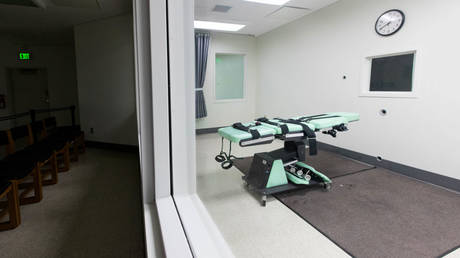The Rise and Fall of Postnationalism
By Hans-Georg Maaßen and Johannes Eisleben
TELOS
Over the last fifty years, the West has witnessed a continuous decline in the quality of the state and its activities, along with a cultural deterioration of the public sphere. All OECD (Organization for Economic Co-operation and Development) countries have also undergone a massive dichotomization of private property ownership: An ever-smaller fraction of the population owns a growing share of all non-public assets. According to some estimates, the richest one percent holds 70 to 80 percent of all global private property, while an increasing number owns nothing and is excluded from decent incomes and the means to live a normal family life.
A major cause of this trend is economic globalization, which has moved low-qualification jobs outside the OECD. While the new working classes in Asia and the global owner elites gained from this development, the lower classes in the West have suffered a net loss from globalization—despite the stable consumer good prices of the last decades. Their exclusion from or marginalization in the value creation chain and the increase in the share of retirees have led to rising absolute and relative public spending. This has been financed to some extent by increased tax revenues, but overall via a rising debt level in almost all OECD countries. However, this spending has to a high degree been allocated to consumption, while education, the legal system, public security, infrastructure, healthcare, and infrastructure have been neglected. The concentration of property within a small elite has been driven by the financial system introduced in the early 1970s, in which the partial bank reserve system was supplemented with a purely fiat money system. This system automatically transfers more property to those who own assets already but has also created the current debt bubble, which is without historical precedent.



